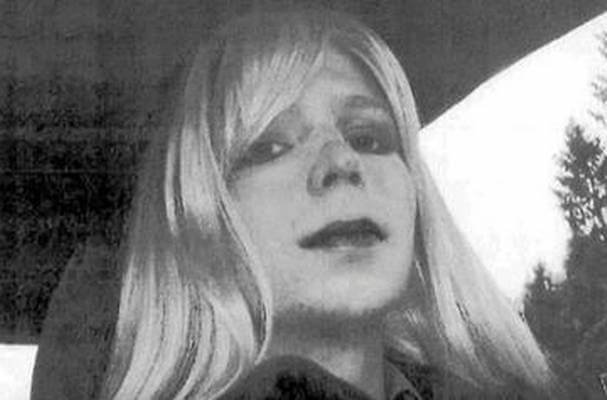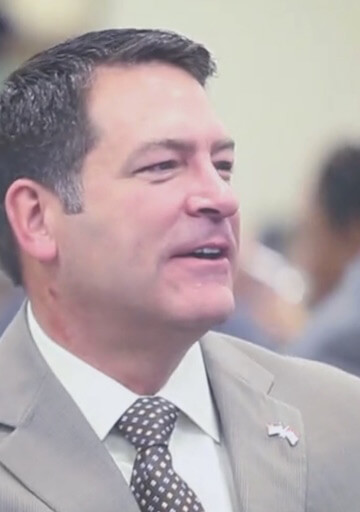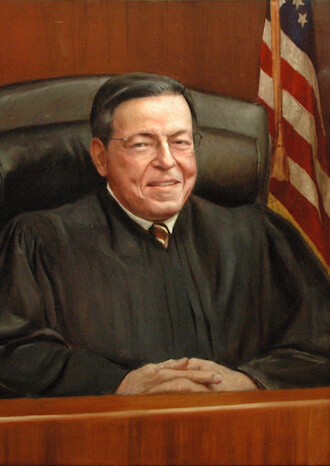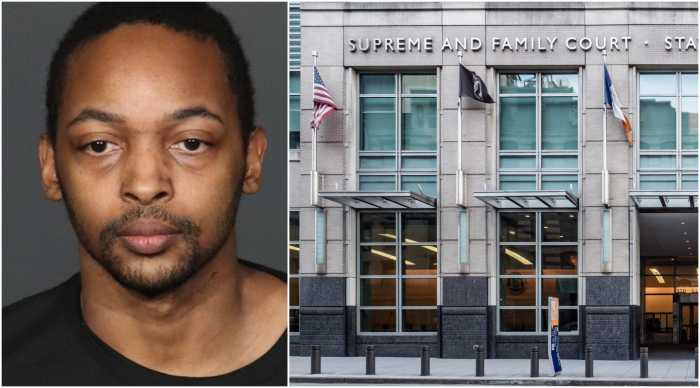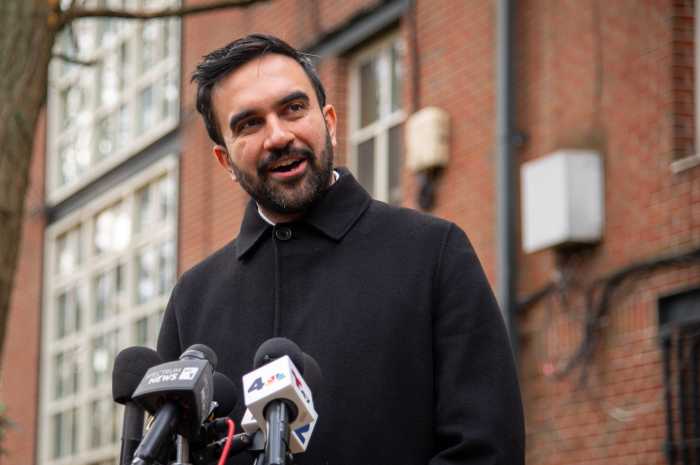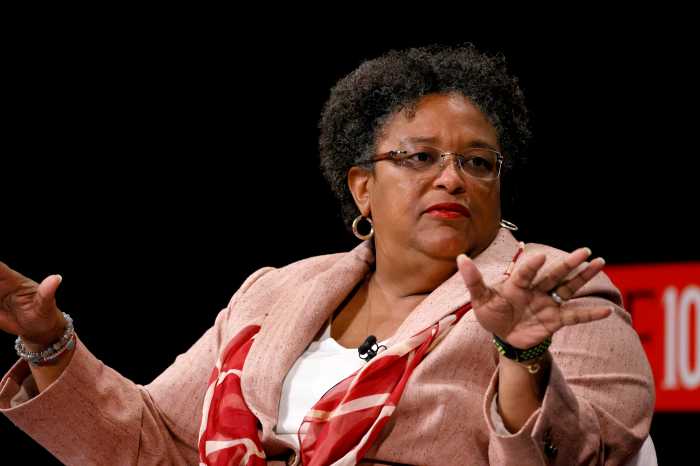Chelsea Manning. | US ARMY
Chelsea Manning, the Army private convicted of leaking classified information on US military and diplomatic operations in 2010, had already served more time — almost seven years — than any whistleblower in American history. But President Barack Obama’s commutation of her sentence from 35 years to a release this May 17 was due in large part to the extra suffering Manning, now 29, had undergone as a transgender woman in a men’s prison at Fort Leavenworth, Kansas. She had made two suicide attempts in the past year — actions that precipitated further punishment.
More than 117,000 people signed a petition for Manning’s release.
Manning became a cause-célèbre in the LGBT community when she announced that she was transgender the day after being sentenced in 2013, particularly among the anti-war left but also among many sympathetic to her as a transgender woman in a hostile environment.
Key figure in early Wikileaks releases faced brutal treatment as trans woman in men’s prison
Kristin Beck, a transgender former Navy Seal, initially branded Manning a “traitor.” But within a few months, she wrote in the Guardian that the military “is duty-bound to ensure Manning is not punished in ‘cruel and unusual’ ways. It is also obliged to ensure Manning’s safety.”
Manning’s defense lawyer, David Coombs, worked long and hard for her commutation. He told NBC News last week, “After this case, I had to tell Chelsea: ‘I’ve represented murderers. I’ve represented rapists. I’ve represented child molesters. And none of them received 35 years.’”
Manning was also represented by Chase Strangio, himself transgender and a staff attorney at the ACLU’s LGBT Project, which initiated a lawsuit in 2014 over the lack of transition care for Manning in prison. The ACLU also got 12 major LGBT groups to sign a letter in December calling for clemency for Manning.
Strangio praised Obama for the commutation and said in a release, “This move could quite literally save Chelsea’s life, and we are all better off knowing that Chelsea Manning will walk out of prison a free woman, dedicated to making the world a better place and fighting for justice for so many.”
Manning enlisted in the Army as Bradley Manning in 2007 and experienced bullying from other soldiers and superiors, but was not discharged — instead becoming an intelligence analyst. While stationed at Fort Drum in New York, Manning began a relationship with Tyler Watkins, who introduced Manning to the hacking community in the Boston area. In 2009, Manning was deployed to Iraq, stressed over being unable to come out as a gay man or as the transgender woman she was beginning to understand herself as. (Don’t Ask, Don’t Tell was not repealed until 2011 and open service by transgender people was not allowed until this past year.)
The classified information Manning sent to Wikileaks in 2010 exposed the fact that the United States was grossly underestimating civilian deaths in the Iraq War. A video among the leaks was dubbed by Wikileaks “Collateral Murder,” showing US soldiers in helicopters firing on men in Baghdad who included Reuters reporters carrying cameras mistaken for guns and other innocents. It made Wikileaks a household name.
The thousands of diplomatic cables that Manning leaked are widely credited with sparking the Arab Spring as local populations rose up against leaders exposed as corrupt in the cables.
Manning famously wrote, “I wanted the American public to know that not everyone in Iraq and Afghanistan were targets that needed to be neutralized, but rather people who were struggling to live.”
Journalist Glenn Greenwald, an out gay man and principle reporter on the Edward Snowden leaks, called Manning’s revelations the most important since Daniel Ellsberg leaked the Pentagon Papers — secret files on US conduct of the Vietnam War — in the 1970s. He wrote of Manning, “These leaks showed us the true face of American conduct in the world.”
Manning was named a grand marshal of the San Francisco Pride Parade in 2013, but organizers later withdrew the honor to widespread protest, including by Daniel Ellsberg, sparking the participation of a huge contingent of Manning supporters there and in New York and Chicago. The following year, Manning was officially named an honorary grand marshal in San Francisco.
Obama did not pardon Manning for her acknowledged crimes, but shortened her sentence. The stiff sentence Manning got was attributed at the time to the massive leaks in 2013 by Snowden, who escaped apprehension by fleeing first to Hong Kong and then Russia. Snowden was charged in absentia with espionage and faces 30 years in prison. He publicly lobbied for Obama to commute Manning’s sentence even at the expense of one for himself. Obama spokesperson Josh Earnest called Snowden’s leaks “far more serious and far more dangerous.”

